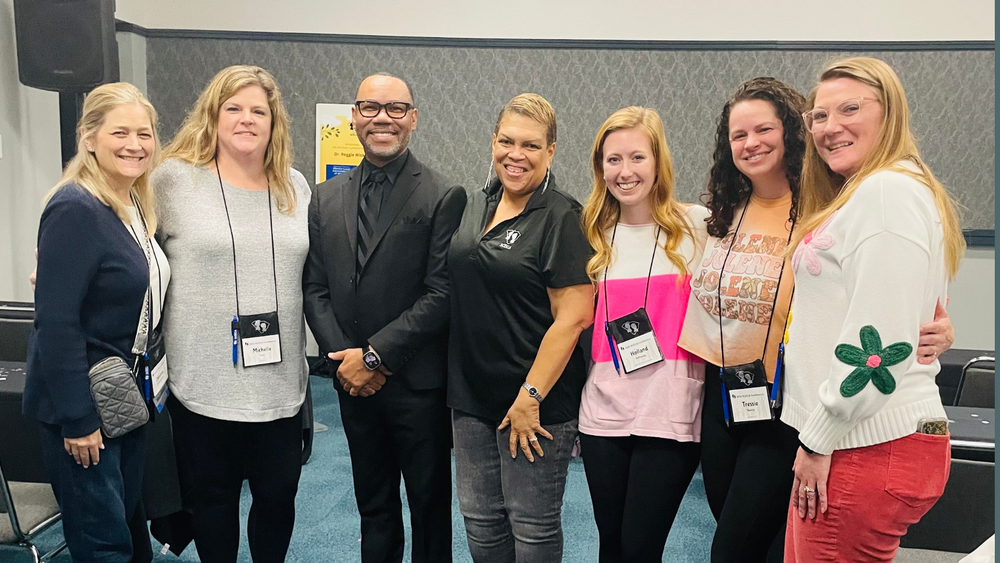Expert Shares Three Phrases to Help Parents Deescalate Rude Behavior in Children

Navigating the choppy waters of parenthood can often feel like an uphill battle. Just when you think you’ve overcome the bumps of raising fussy babies or energetic toddlers, things take a turn as your little ones begin to assert their independence—often in ways that can be downright rude. Phrases like “I’m not doing that!” and “You’re the worst!” can make even the most patient parents feel frustrated and overwhelmed. However, a new approach proposed by Dr. Becky Kennedy, a clinical psychologist and founder of the parenting platform Good Inside, offers a refreshing perspective on tackling this often-difficult stage.
Dr. Kennedy, who is also a mother of three, suggests that when faced with disrespectful behavior, there is a simple but effective three-part response that can defuse the tension and encourage better communication between parent and child. In her widely shared Instagram content, she not only outlines these key phrases but also emphasizes the importance of maintaining a calm and respectful environment, as it fosters healthier behavior down the road.
Firstly, Dr. Kennedy advises parents to acknowledge their child’s feelings with the statement: “I hear you, and you must be really upset to say something like that to me.” This phrase serves as a crucial opener, demonstrating that the parent understands their child’s emotional state. By validating their feelings, parents can directly address the source of the rudeness instead of reacting negatively.
The second phrase she recommends is: “Look, all I’m saying is I know you’re a good kid, even when you say some not-so-good things.” This statement not only reinforces the child’s overall goodness, but it also offers constructive feedback on their behavior. It helps the child understand that their actions don’t define their worth or identity.
Lastly, Dr. Kennedy suggests parents follow up with: “I know there’s another way you can say that to me. Do you want to try again?” This is a gentle prompting that encourages the child to rephrase their rude comments in a kinder way, essentially teaching them how to express their frustrations without resorting to disrespect.
It’s important to clarify that this approach does not equate to allowing rudeness; as Dr. Kennedy highlights, responding to disrespect with anger or punishment usually backfires. Instead of deescalating the situation, harsh responses can lead to a “rudeness escalation,” creating a vicious cycle. By focusing on connection and communication, parents can break this negative pattern.
In her social media post, Dr. Kennedy candidly admits that implementing this method isn’t easy—she has experienced similar frustrations as a parent herself. However, she believes wholeheartedly that this is the key to harmonizing home life.
The social media response to Dr. Kennedy’s advice has been overwhelmingly positive. With over 1.8 million views in just ten days, parents from all walks of life appreciate her insights. Many echo her sentiments, recognizing that this method is not only useful for interacting with their children but can also be helpful with adults. For instance, one mother shared her experience of how using Dr. Kennedy’s phrase helped her son express his feelings instead of lashing out. Instead of creating a contentious environment, they embraced a moment of connection that fostered understanding and resolution.
This conversation around parenting strategies speaks volumes about the increasingly challenging dynamics present in today’s households. As Dr. Kennedy rightly points out, our children often aren’t trying to give us a hard time; they are often having a hard time. It’s crucial that we equip them with the tools to cope with their big emotions instead of letting frustration spiral into conflict.
In a world that continuously demands emotional intelligence, the responses we model as parents can have a lasting impact on our children’s development. By fostering environments where children feel seen, heard, and respected, we set the foundation for open communication and emotional resilience.
If you’re interested in applying these insights to your parenting techniques, feel free to explore more of Dr. Kennedy’s tips through her Instagram account, @drbeckyatgoodinside, where she provides a wealth of practical advice for navigating parenting’s toughest challenges.
As we all continue to learn and adapt as parents, let’s remember to approach our children with understanding and compassion—the ultimate game-changer in fostering a healthy parent-child relationship.






